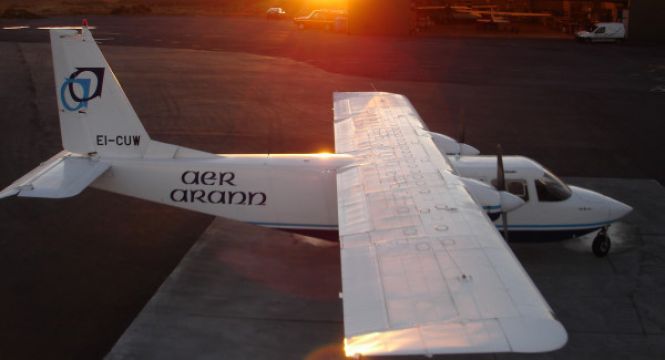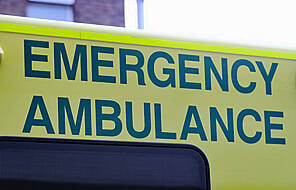The Court of Appeal (CoA) has upheld a High Court decision that the unlawful State aid in the form of the air travel tax to the former Aer Arann airline could be recovered.
Mr Justice Brian Murray, on behalf of the three-judge CoA, said the High Court's Mr Justice Max Barrett was correct in finding that the recovery of the aid, arising from a European Commission decision on the tax, was mandatory.
Examinership
Aer Arann underwent an examinership in 2010 and in 2014 it became Stobart Air under a major refinancing arrangement. Stobart itself collapsed earlier this year due to the effects of the pandemic on aviation.
One of the effects of the survival scheme for Aer Arann was to limit the ability of certain of its creditors, including contingent creditors, to recover debts.
At the same time the European Commission was considering a complaint that Aer Arann had been in receipt of unlawful State aid in relation to a reduction in the €10 per flight that applied to flight destinations less than 300km from Dublin.
The Commission later found it was unlawful and the Minister for Finance brought High Court proceedings against the airline seeking to recover that aid along with compound interest.
Mr Justice Murray said the questions the High Court was asked to consider was whether, in the light of information available at the time, whether the terms of the survival scheme operated to prevent the recovery of that aid from Aer Arann.
'Contingent creditor'
These questions centred on whether the State was a "contingent creditor" in respect of the State aid and if it was not then the airline accepted it was recoverable, he said.
The other question was whether there was any principle of law that would enable Aer Arann to rely on the survival scheme so as to displace the obligation otherwise arising under EU law to obtain recovery of that aid.
The airline, in its appeal, argued this would be the effect when viewed in the light of the State's knowledge of the travel tax complaint to the EU when the survival scheme was approved. The Minister disputed that claim.
Mr Justice Murray said the High Court in 2019, in a careful, comprehensive and detailed judgment. found, among other things, the State was not a contingent creditor, but this did not preclude recovery of the aid from the airline.
He said he generally agreed with the conclusion reached by the High Court.
Mandatory
A direction to recover unlawful State aid arising from a Commission decision was mandatory, he said.
That obligation was not displaced by an argument that matters which had already been litigated cannot be relitigated, or because of legal certainty.
While an uncrystallised liability for unlawful State aid may present some of the indicia of a "contingent liability’"and may be such a liability for the purposes of some legislative regimes, the provisions of company law must be interpreted to mean the State is not a contingent creditor in relation to aid, he said.
"The position in this regard is, as a matter of EU law, clear and I see no basis for a reference to the Court of Justice of the EU".
The judge added that the State, having been successful in this appeal, would be entitled to its costs. However, the CoA would hold a further hearing to determine costs, he said.







